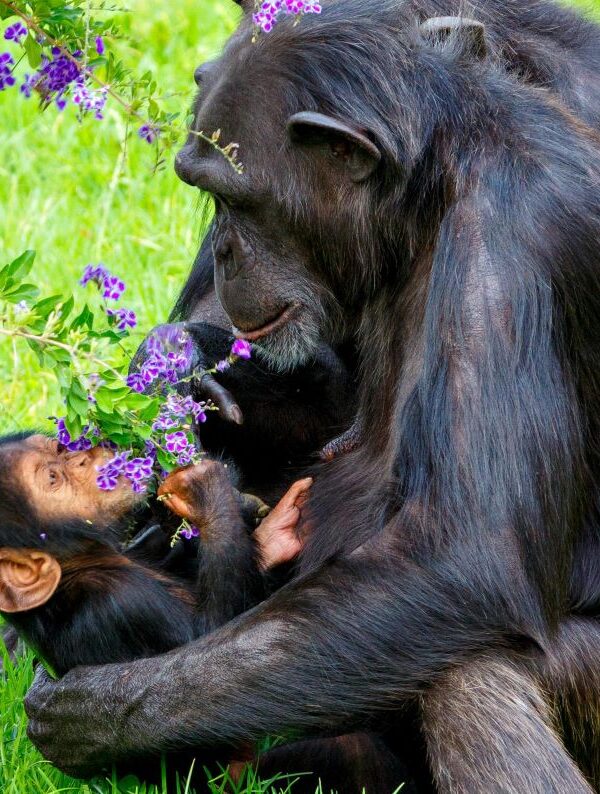As society pushes harder for inclusivity and cultural sensitivity, the dialogue around political correctness is reaching a boiling point. Are we so afraid of offending that we’ve lost sight of common sense?
1. Language Policing

The drive to avoid offensive language can make people overly cautious, sometimes hindering honest dialogue. For example, debates around gender pronouns and terminology can stifle discussions in academic and professional settings.
2. Halloween Costume Controversies

Halloween now comes with a rule book. Recent uproars include the backlash against Disney’s “Moana” costumes, criticized for cultural appropriation. Where do we draw the line between appreciation and appropriation?
3. Media Representation

TV shows and movies are under intense scrutiny for diversity quotas, sometimes at the expense of the story. The Oscar’s new diversity requirements for Best Picture nominations have sparked debates about merit versus representation.
4. Historical Revisionism

The tearing down of statues and renaming of buildings—from Confederate figures to Founding Fathers like Thomas Jefferson—has ignited fierce debates about whether we’re erasing history or correcting it.
5. Corporate Diversity Training

Starbucks’ 2018 racial-bias training, triggered by a discrimination incident, was criticized as a PR stunt rather than a genuine step forward. Are these sessions about change, or just ticking boxes?
6. University Safe Spaces

Colleges are creating ‘safe spaces’ to protect students from offensive speech, but isn’t university where you should confront challenging ideas? Critics argue we’re babying young adults instead of preparing them for the real world.
7. Comedy Censorship

Comedians from Dave Chappelle to Kevin Hart have faced intense backlash for offensive jokes. Is the essence of comedy—pushing boundaries and provoking thought—under threat?
8. Artistic Expression

Artists are increasingly pressured to portray only what is deemed culturally sensitive, potentially stifling creativity. Should art conform, or should it challenge societal norms?
9. Book Bans and Warnings

Classics like “To Kill a Mockingbird” face bans from school libraries over racial content, sparking concerns about censorship. Are we shielding students from racism or the tools to understand and combat it?
10. Cancel Culture

The swift fall from grace for public figures over past or present indiscretions, with little room for context or redemption, has everyone walking on eggshells. Are we fostering a culture of fear rather than forgiveness?
11. Gender-Neutral Language

The push for gender-neutral bathrooms and the policing of pronouns in schools and workplaces are intended to promote inclusivity but often generate more confusion and resentment than acceptance.
12. Microaggressions Training

Microaggressions training aims to point out the smallest slights, but can we truly police every offhand comment without creating a culture of perpetual offense?
13. Advertising Adjustments

Ads now tread a fine line between being inclusive and being seen as pandering. Gillette’s “The Best Men Can Be” campaign intended to address toxic masculinity but ended up alienating many of their core customers.
14. Sports Team Names

The NFL’s Washington team dropped “Redskins” from their name after years of controversy, a change celebrated by some as progress and by others as unnecessary capitulation.
15. Public Apologies

Celebrity apologies have become performances, where the public judges sincerity. Are these apologies about making amends, or just saving face?
16. Workplace Etiquette

Offices now often swap Christmas parties for “holiday gatherings” to avoid offending non-Christians. Is this inclusivity, or are we sanitizing our cultures in the name of not offending?
17. School Curriculum Changes

Efforts to diversify school curriculums are met with both applause and outrage. Virginia’s Loudoun County faced parental backlash over critical race theory—does this reflect a society trying to grow, or one coming apart?
18. Event Disinvitations

Colleges are increasingly disinviting controversial speakers, citing student safety and comfort. Are we protecting students, or sheltering them from real-world views?
19. Language in Legislation

Laws are rewritten to remove terms like “mother” and “father” in favor of “parent 1” and “parent 2,” aiming for neutrality but often sparking debates over the erasure of traditional identities.
20. The Fight for Pronouns

The enforcement of pronoun preferences has seen legal battles, like a Virginia teacher suspended for refusing to use a transgender student’s chosen pronouns. Is this respect for identity or enforced speech?
Navigating the Tightrope of Sensitivity

Our society is walking a tightrope between fostering a respectful, inclusive community and creating a stifling environment where fear trumps free expression. Are we building a more inclusive world, or are we silencing valuable discourse in the name of political correctness? It’s time to reassess where we stand and strike a balance that respects diversity while preserving open dialogue.
The post Walking the Tightrope: Exploring the Paradox of Political Correctness first appeared on Not Your Boss Babe.
Featured Image Credit: Shutterstock / PeopleImages.com – Yuri A.
The content of this article is for informational purposes only and does not constitute or replace professional financial advice.
For transparency, this content was partly developed with AI assistance and carefully curated by an experienced editor to be informative and ensure accuracy.





Leave a Reply